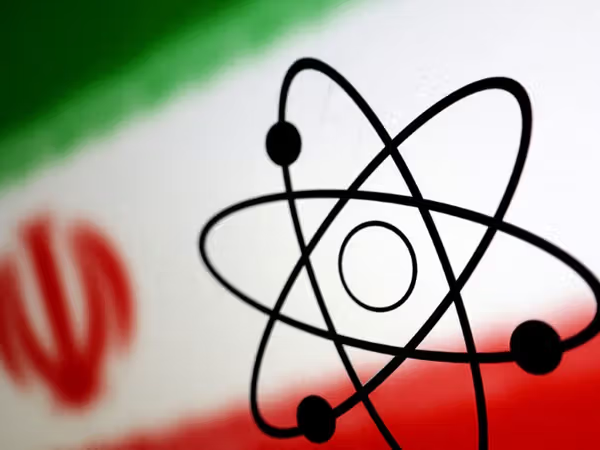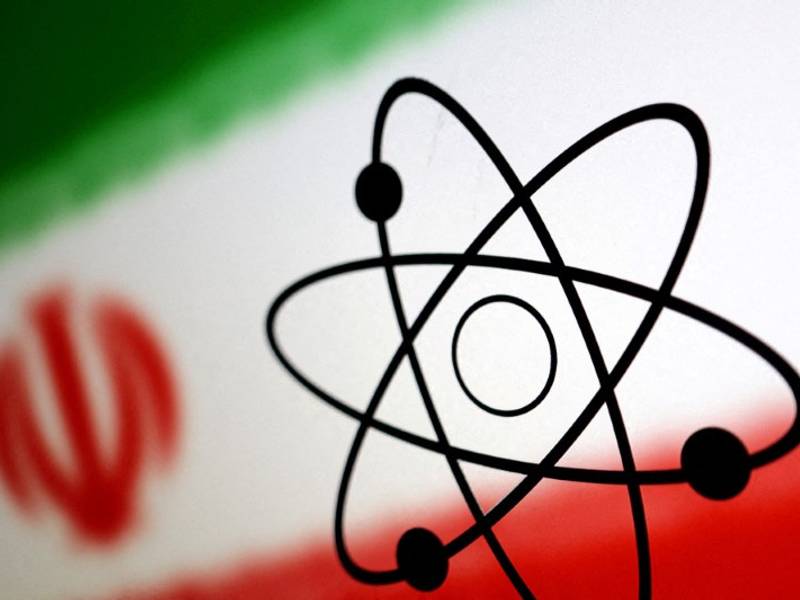The Biden administration warned Iran privately over the country’s nuclear program last month, after the US and Israel detected suspicious activities by Iranian scientists “under an academic umbrella” that could be relevant to the production of weapons.
In an exclusive report Wednesday, Axios quoted three American and Israeli officials as saying their intelligence communities have been trying to ascertain if there is a change of policy by Iran's Supreme Leader Ali Khamenei, believing that he may have refrained from publicly approving the activity “to leave room for plausible deniability.”
Iran maintains that its nuclear program is peaceful, and all accusations otherwise are politically motivated. The UN nuclear watchdog, however, has repeatedly said that Iran’s enrichment program, and its stockpiling of near-weapons-grade uranium is hard to explain outside a weapons program.
The US officials speaking to Axios have expressed concern about Iran's nuclear “escalation”, while suggesting that there are no current indications of Iran undertaking the activities necessary to produce a testable nuclear device.
Last week, Iran’s president-elect Masoud Pezeshkian claimed in an open letter written in English that his country had been treated “unfairly” by the US and its western allies, accusing them of “abusing” the NPT and “fabricating” a crisis over Iran’s nuclear activity.
“The US and its Western allies not only missed a historic opportunity to reduce and manage tensions in the region and the world, but also seriously undermined the Non-Proliferation Treaty (NPT) by showing that the costs of adhering to the tenets of the non-proliferation regime could outweigh the benefits it may offer,” Pezeshkian wrote.
Pezeshkian, elected on a ‘reformist’ ticket, is viewed by many inside and outside Iran as “powerless” when it comes to issues of foreign policy, defense and the nuclear program.
The Axios report Wednesday seems to suggest that backchannel communications have been ongoing and that the Biden administration has been trying to dissuade Iranians from further escalation of their nuclear activities.
The recent meeting of the US-Israel Strategic Consultative Group marked the first high-level discussion about Iran's nuclear program since March 2023. The assessments were aligned, according to reports, indicating no “top-down directive from Khamenei” to proceed with nuclear weapon production.
All US administrations in the past two decades have warned Iran that weaponization is a red line, and the US would consider all options to stop it.

